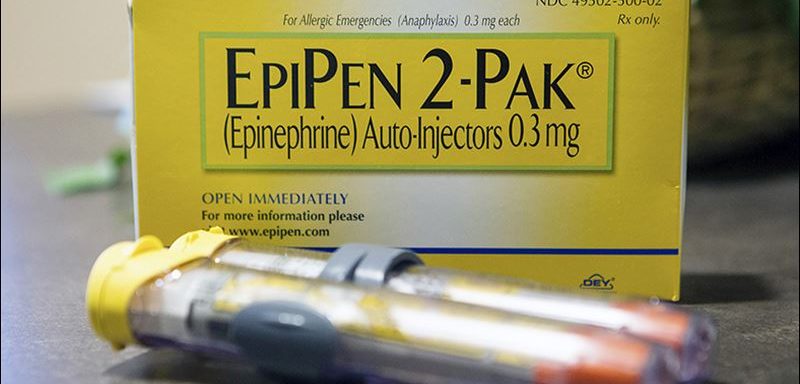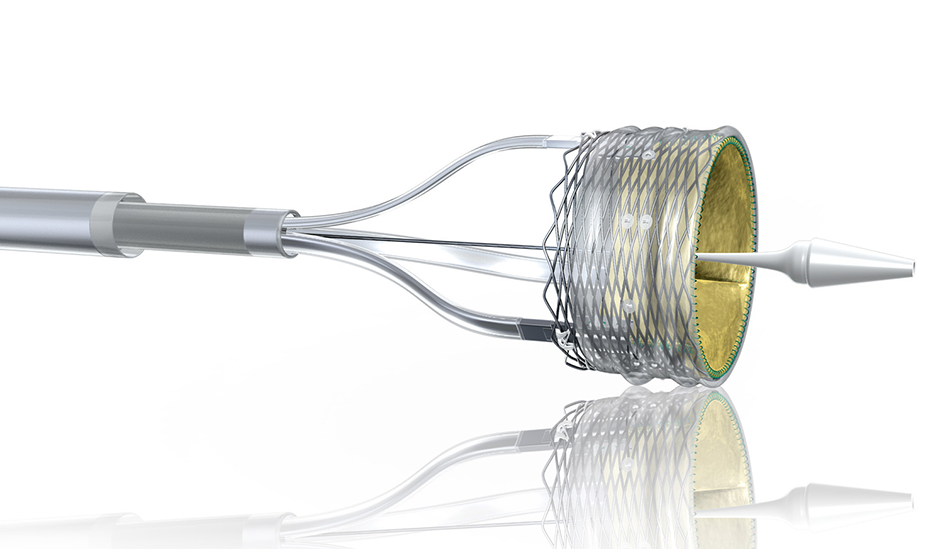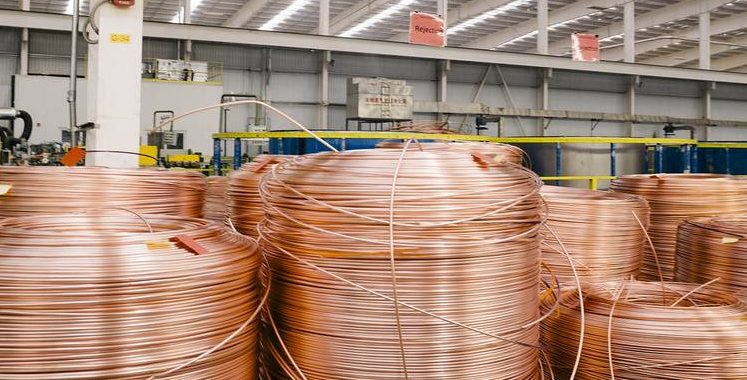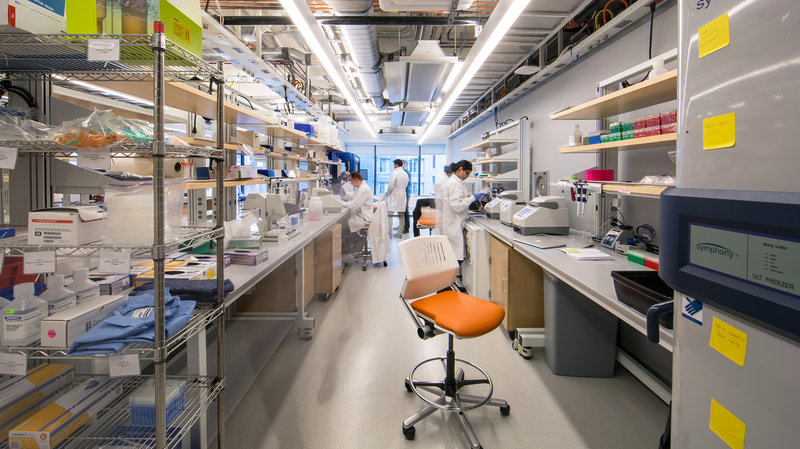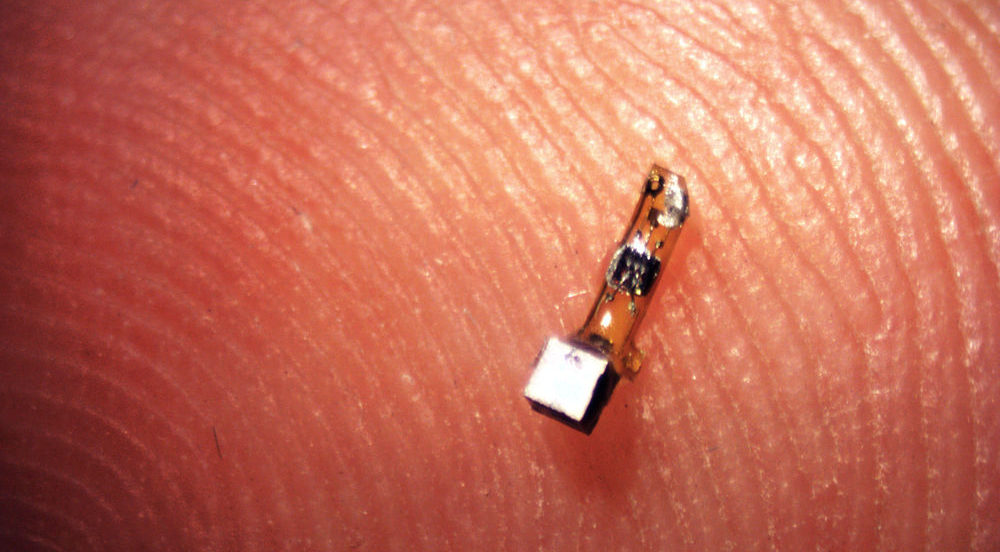Archive for August 2016
Read these 5 Undeniable reasons why you need to follow your favorite recruiter(s) on Twitter today!
As a woman who grew up in the “8 track-player” era, the whole SnapChat, Instagram, Facebook world has taken a little getting used to. I laughed when Twitter first hit the scene… and yet now, I use it as a major source for reading breaking medical news, following our clients and their competitors, sharing our…
Read MoreDoctors Stand to Lose Incentive Payments Due to Unrealistic Quality Standards
The doctors staffing New York City’s public hospitals stand to lose out on tens of thousands of dollars in incentive payments because of new standards they say are too high. As part of the doctors’ most recent contract with NYC Health & Hospitals, agreed to last summer, 5% of physicians’ payments from the municipal…
Read MoreStudy Of Sudden Heart Death Exposes Limits Of Genetic Testing
Scientists have discovered that a common cause of sudden heart death has been misunderstood because researchers didn’t appropriately account for racial differences in their studies. The findings, published online Wednesday in the New England Journal of Medicine,have implications far beyond this particular inherited disease, called hypertrophic cardiomyopathy, or HCM. Researchers say the results also sound…
Read MoreEpiPens Are Getting A Lot More Expensive
Some families gearing up for the start of school have noticed that one important item for kids with severe food allergies has gotten a lot more expensive. With some retailers now charging more than $700 for a set of EpiPens, allergists say they’ve heard from some concerned parents. The marker-sized injectors are filled with epinephrine…
Read MoreBoston Scientific Recalls Lotus Valve System Units for Delivery System Malfunction
MARLBOROUGH, MA — Boston Scientific has issued a voluntary global recall for several units of the Lotus Valve System because of breakage issues with the release mandrel, a component of the delivery system. Release mandrel breaks most commonly resulted in the need to resheath and remove the device, which added to procedural times, but also…
Read MoreCopper Kills Bacteria and Wins Fans in Health Care
Copper is used in everything from automobiles to air conditioners, but it has one property that makes it especially attractive for medical uses: It kills bacteria A burgeoning opportunity for copper producers relies on a simple premise: that the base metal is good for your health. Copper is used in everything from construction to electrical…
Read MoreSiemens and INSIGHTEC Sign Strategic Agreement
ERLANGEN, Germany and HAIFA, Israel, Aug. 15, 2016 /PRNewswire/ — INSIGHTEC, the global leader in MR-guided Focused Ultrasound (MRgFUS) therapy, announced today the signing of a strategic agreement with the global leader in Magnetic Resonance Imaging, Siemens Healthineers. The strategic collaboration will involve the development of compatibility between Exablate Neuro and Siemens leading 1.5T and…
Read MoreCompound from Marine Sponge Reduces Pancreatic Tumor Size
A deep-water marine sponge that contains leiodermatolide has the ability to inhibit the growth of cancer cells and block cancer cells from dividing using extremely low concentrations of the natural compound. Scientists at Florida Atlantic University’s Harbor Branch Oceanographic Institute found that a deep-water marine sponge collected off of Fort Lauderdale’s coast contains leiodermatolide, a…
Read MoreWhy Doctors Want A Computerized Care Assistant For Cancer Patients
A computer may soon be able to offer highly personalized treatment suggestions for cancer patients based on the specifics of their cases and the full sweep of the most relevant scientific research. IBM and the New York Genome Center, a consortium of medical research institutions in New York City, are collaborating on a project to…
Read MoreWireless ‘Neural Dust’ Could Monitor Your Brain
Science fiction that features wires connecting brains to computers might now be obsolete. Wireless powered implants, each smaller than a grain of rice, could serve as “neural dust” that can one day scan and stimulate brain cells. Such research could one day help lead to next-generation brain-machine interfaces for controlling prosthetics, exoskeletons and robots, as…
Read More



